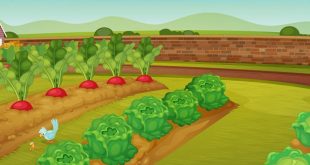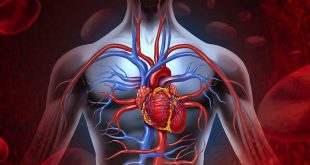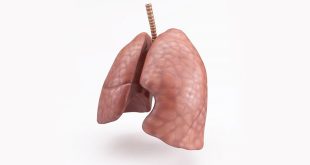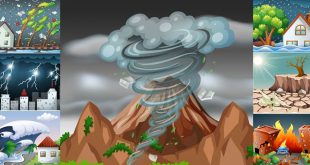Question: Explain how soil is formed. Answer: Soil is formed through the process of weathering. Weathering is a process of physical breakdown and chemical decomposition of rocks and minerals near or at the surface of the earth. This physical and chemical decomposition is primarily done by wind, water, and climate. As …
Read More »NCERT 7th Class (CBSE) Science: Transportation in Animals and Plants
Question: Why is transport of materials necessary in a plant or an animal? Explain. Answer: Transport of materials is necessary for plants or animals because due to it the nutrients and oxygen are made available to all the parts of the body. If the transport of necessary nutrients and oxygen does …
Read More »NCERT 7th Class (CBSE) Science: Respiration in Organism
Question: What do you mean by ‘stomata’ apparatus? Answer: Stomata apparatus means stomata along with nearby guard cells and other cells. Question: What are the main organs of the respiratory system? Answer: Main organs that help in respiration are : Nostrils (The passages in the nose) Trachea (Windpipe) Bronchi Lungs Question: …
Read More »NCERT 7th Class (CBSE) Science: Winds, Storms and Cyclones
Question: Why does heated air rise up? Answer: The air get heated the molecules expand and get away from each other and the air becomes less dense. Question: What causes lightning during a thunderstorm? Answer: The water droplets and ice crystals collide with each other due to the swift rising air. These …
Read More »NCERT 7th Class (CBSE) Science: Electric Current and its effects
Question: What is an electric circuit? Answer: An electric Circuit is a continuous conducting path for electric current. Question: What is the relationship between potential difference and direction of flow of current in an electric circuit? Answer: If current flows from point A to point B in a wire, we …
Read More »NCERT 7th Class (CBSE) Science: Weather, Climate and Adaptations of Animals to Climate
NCERT 7th Class (CBSE) Science: Weather, Climate and Adaptations of Animals to Climate Question: What does a meteorologist do? Answer: A meteorologist is a person who prepares the weather report by collecting information on temperature, wind, humidity, rainfall etc. and predicts the weather conditions of a particular place. Question: What …
Read More »NCERT Class 7th (CBSE) Social Science: The Hydrosphere
Question: Describe the general distribution of salinity in oceans. Answer: The distribution of salinity in oceans is as follows: Ocean water is saline due to the presence of a large amount of dissolved salts, mostly sodium chloride or common salt. The amount of salinity varies from one part of the …
Read More »NCERT 5th Class (CBSE) Social Science: Universally Celebrated Days
Question: What are some of the universally celebrated days? Answer: Some of the universally celebrated days are: World Health Day – 7 April International Earth Day – 22 April May Day or International Labour Day – 1 May World Environment Day – 5 June World Non-Violence Day – 2 October Question: …
Read More »NCERT 5th Class (CBSE) Social Science: The United Nations
Question: What are the objectives of UN? Answer: The objectives of the UN: To maintain international peace and security. To develop friendly relations among nation on the basis of equality. To achieve international cooperation in solving economic, social, cultural and humanitarian problems. To promote human rights and fundamental freedom for the …
Read More »NCERT 7th Class (CBSE) Social Science: The Changing Face of the Earth
Question: Define “Lithospheric Plates”. Answer: According to the theory, the lithosphere is broken up into number of pieces called tectonic or lithospheric plates. It consists of crust and outer parts of upper mantle. There are six major and 20 minor plates, all of which floats independently. Question: Distinguish between endogenetic and …
Read More » Class Notes NCERT Solutions for CBSE Students
Class Notes NCERT Solutions for CBSE Students









